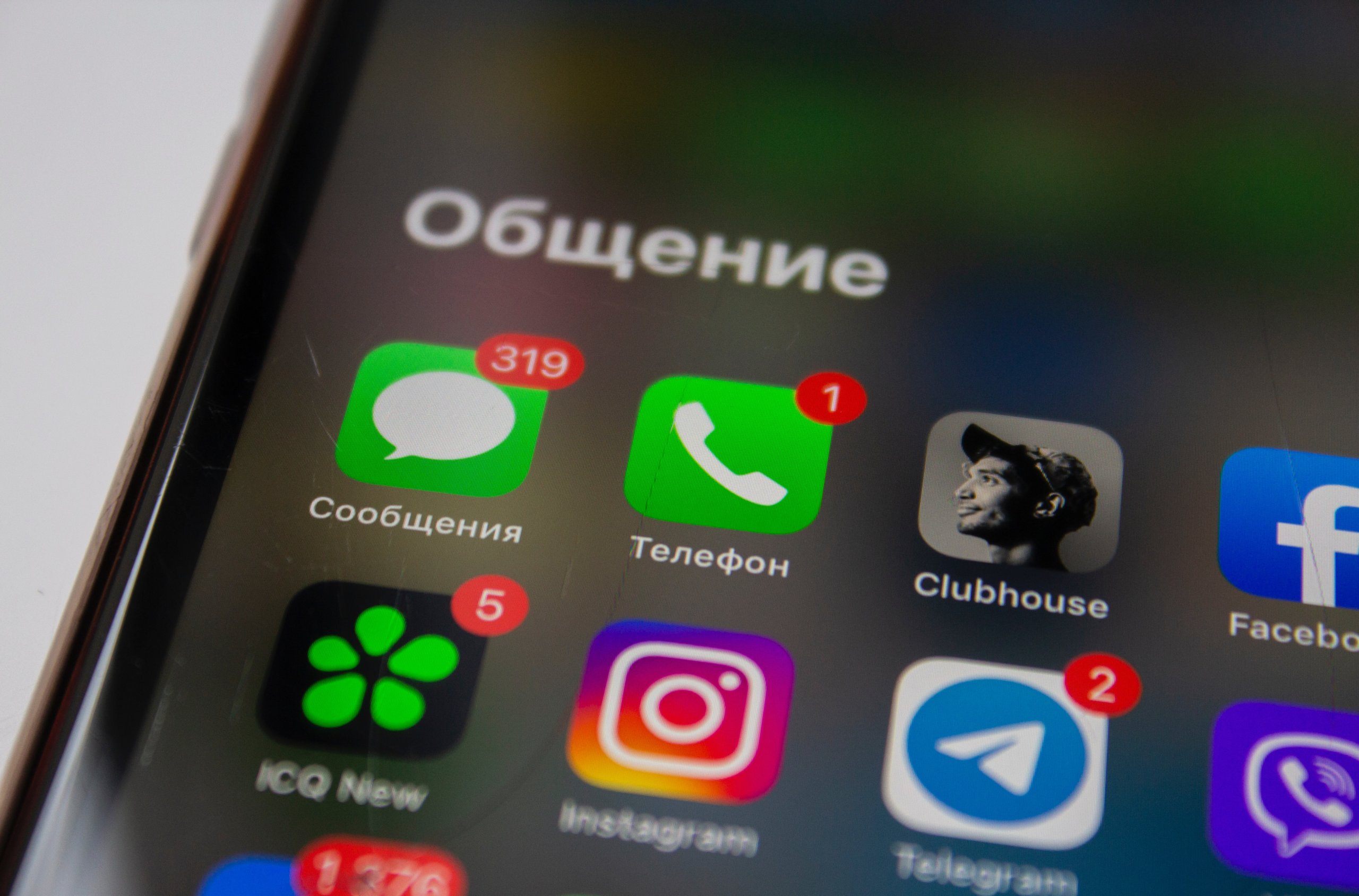 When Edward Snowden accused the NSA of spying on American citizens, user trust in apps, websites, and the government was irreparably damaged. In fact, it feels like more users are distrusting of government surveillance and social media.
When Edward Snowden accused the NSA of spying on American citizens, user trust in apps, websites, and the government was irreparably damaged. In fact, it feels like more users are distrusting of government surveillance and social media.
Telegram is a popular messaging app that was borne out of distrust for governments and server authorities. With over 200 million users, the app has transformed its fair share of sympathizers into a substantial user baser. Unfortunately, this popularity has also earned the app the attention of governments around the world. And they’re not exactly big fans.
Time of Tensions
The app’s developer, Russian-born Pavel Durov, was once dubbed “Russia’s Mark Zuckerberg” for creating a wildly-popular website similar to Facebook for Russian citizens. Durov is traveling the world in self-exile now due to clashes with Putin’s government. He is said to have fled the country with $300 million on him. After getting some privacy from his homeland’s government, Durov began programming Telegram for users who wanted more security and privacy in their messaging.
But when you’re talking about securing a method of communication that governments rely on for tracking terrorists and potential attacks to domestic soil, it’s easy to understand why Telegram would get blocked in countries that openly surveil their citizens.
Iran and Russia are two governments that are currently stopping users from using Telegram. Citizens are protesting, and rightfully so: the Internet has created a freedom unlike any ever seen before. Anyone can access the web, and anyone can browse any public site. But Iran and Russia cite national security as the main reason for blocking the app; the Islamic State uses Telegram to organize terrorism plots, spread propaganda, and communicate with foreign governments.
How Secure Is Telegram, Really?
Telegram utilizes end-to-end encryption, like WhatsApp and Signal, other messaging competitors developed in San Francisco. But Telegram also uses its own secure messaging protocol (“MTProto”) that critics say is questionable in robustness, security, and bugs.
“Nobody quite knows how it works, and a lot of the security analysis that has been done of it suggests that it’s not as secure as some people think it is,” says cybersecurity expert Alan Woodward. The app “also leaks a lot of metadata — so who’s calling whom, when, for how long, that type of thing — which can be just as useful for intelligence organizations,” he says. Its competitor, Signal, leaks barely any information.
Slowing Down the Inevitable
Despite the embroilment in governments and politics, Durov emphasizes that Telegram is not a political tool; it’s a tech service that offers peace of mind for its users. While tech and politics are like oil and water sometimes, this is one instance where policies could be enacted by governments simply for selfish and political gain.
Regardless, just because you squash a supply doesn’t mean you stop the demand. The people utilizing Telegram in these countries will eventually find another way to fulfill their communication needs. Perhaps this is a problem that needs to be addressed in other ways besides impeding the use of technology.





